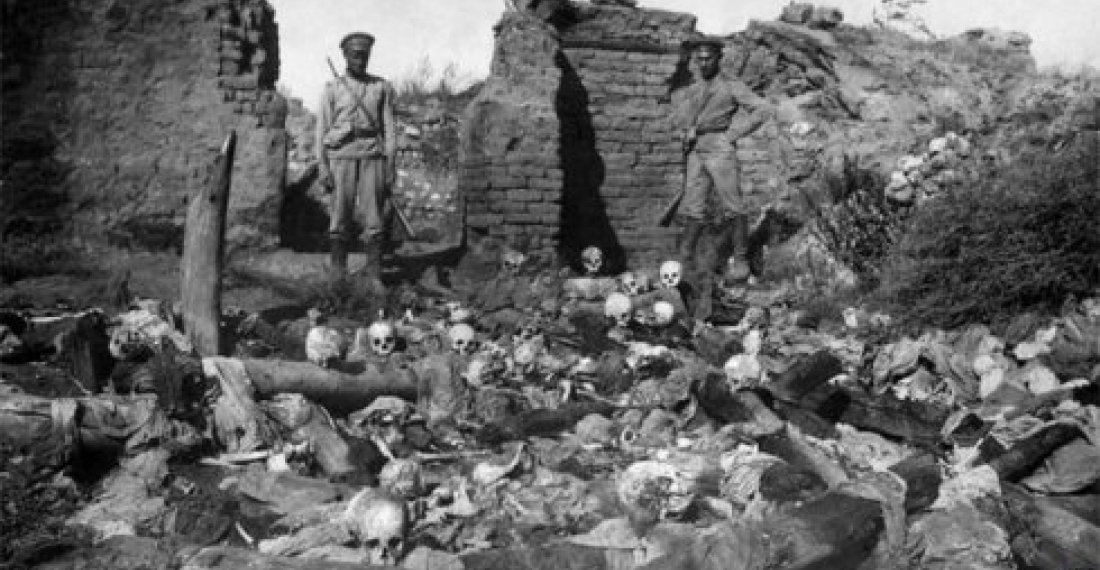Палата представителей Соединенных Штатов Америки подавляющим большинством голосов проголосовала за то, чтобы признать массовое убийство армян османскими турками во время Первой мировой войны геноцидом.
Палата также подавляющим большинством голосов призвала президента Дональда Трампа ввести санкции против Турции и некоторых ее должностных лиц за наступление в Сирии в последние дни. Резолюция была принята голосованием 405 против 11.
Спикер Палаты представителей Нэнси Пелоси присоединилась к своим коллегам «в церемонии почтения памяти одного из величайших злодеяний 20-го века».
Большая и влиятельная армянская община в Соединенных Штатах тепло и с энтузиазмом приветствовала эту резолюцию. В течение многих лет армянские организации лоббировали на всех уровнях правительства США обеспечение «признания геноцида»
С другой стороны, Турция решительно осудила этот шаг. Министр иностранных дел Мевлют Чавушоглу назвал голосование «недействительным», связав его с военным наступлением Турции на курдских боевиков в северной Сирии, которых Турция считает террористами. Курдские войска были объединены с США в борьбе с группой Исламского государства (ИГИЛ).
Г-н Чавушоглу написал в Твиттере: «Те, чьи проекты были сорваны, обращаются к устаревшим резолюциям. Круги, считающие, что они отомстят таким образом, ошибаются. Это позорное решение тех, кто использует историю в политике, является недействительным для нашего правительства и народа».
Турция отрицает, что во время Первой мировой войны проводилась систематическая кампания по уничтожению армян как этнической группы.
Би-би-си на своем веб-сайте резюмирует спор о геноциде следующим образом:
По общему мнению, сотни тысяч армян погибли, когда османские турки массово депортировали их из Восточной Анатолии в Сирийскую пустыню и в другие места в 1915-16 годах. Они были убиты или умерли от голода или болезней.
Общее количество погибших армян оспаривается. Армяне говорят, что погибло 1,5 миллиона человек. Турецкая Республика оценивает их в 300 000 человек. По данным Международной ассоциации исследователей геноцида (IAGS), число погибших составило «более миллиона».
Спор о том, был ли это геноцид, концентрируется на вопросе о преднамеренности - степени, в которой были организованы убийства. Многие историки, правительства и армянский народ считают, что они были; но ряд ученых ставят это под сомнение.
Официальные лица Турции признают, что зверства были совершены, но утверждают, что не было систематической попытки уничтожить армянский христианский народ. Турция говорит, что многие невинные турки-мусульмане также погибли в суматохе войны.
источник: commonspace.eu по материалам BBC и других агентств
фото: Разрушенная армянская деревня Шейксалан, 1915 году (архивная фотография)






